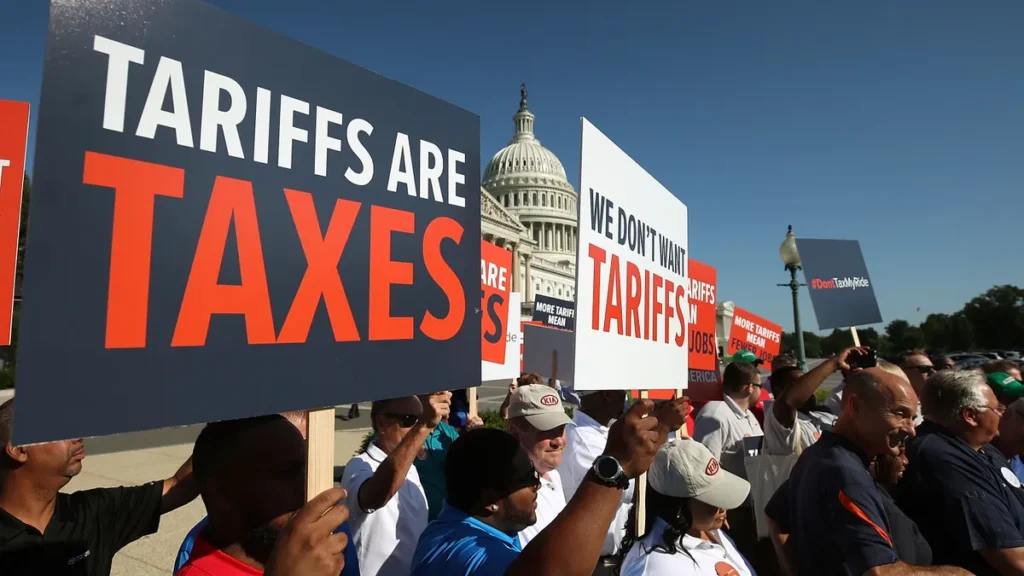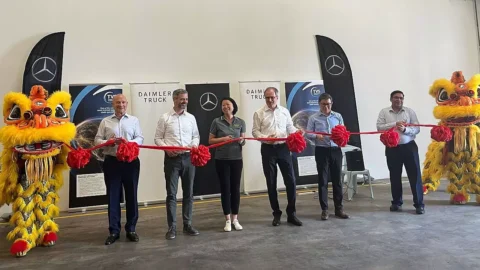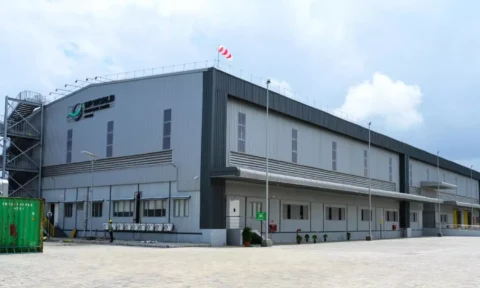The U.S. has officially implemented tariff increases on various Chinese-made products, initially announced in May, despite industry warnings about potential supply chain disruptions. Starting September 27, the new tariffs will impose a 100 percent duty on Chinese electric vehicles, 50 percent on solar cells, and 25 percent on steel, aluminium, electric vehicle batteries, and essential minerals.
Jason Oxman, President of the Information Technology Industry Council, criticised the U.S. government for dismissing industry concerns regarding economic impacts and supply chain stability. The tech trade association reported that American businesses and consumers have already incurred a cumulative cost of $221 billion due to tariffs under the U.S. trade law’s Section 301.
A recent “China Business Report 2024” by the American Chamber of Commerce in Shanghai revealed that 48 percent of surveyed U.S. companies support reducing tariffs on Chinese goods to better support foreign firms in China. The International Monetary Fund cautioned that unilateral tariffs risk retaliation, policy uncertainty, and weaken global supply chains, urging the strengthening of WTO rules. China has opposed these tariffs, citing violations of WTO regulations.







